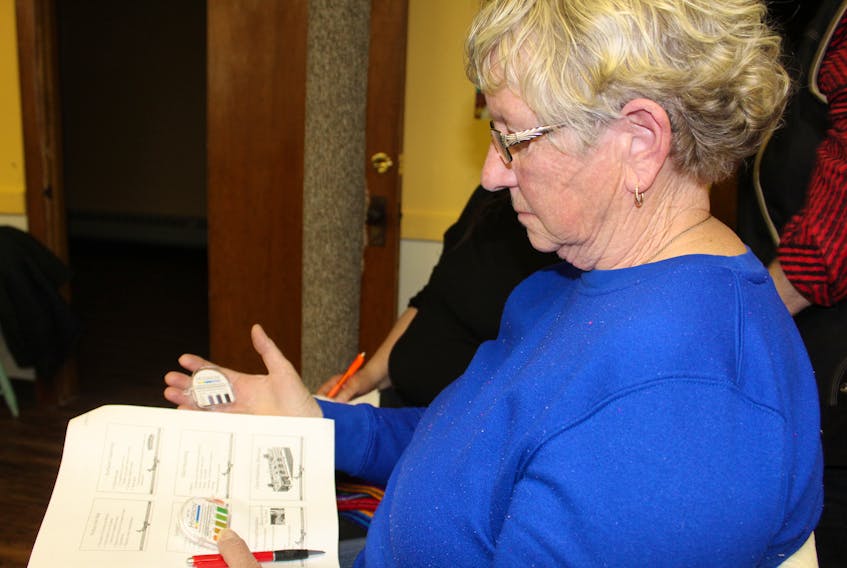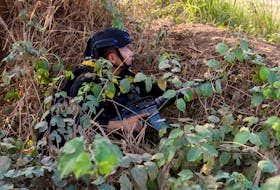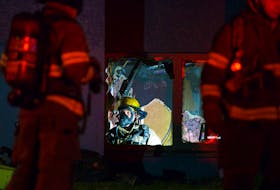SUMMERSIDE, P.E.I. — Dwayne Collins says meat thermometers make great gifts.
His friends weren’t so convinced.
“It got 'lost in the move',” Collins said.
His friend called him yesterday for advice on thawing meat.
Collins is an Environmental Health Officer with the Department of Health. So naturally, his friends call him for help when they fall asleep before putting the meat in the fridge to defrost.
If his friend knew the temperature of the meat, by say, using an inexpensive meat thermometer, she could make a better decision.
Bacteria, viruses and other germs that grow in the Danger Zone, between 4 C and 60 C, really thrive at 37 C, body temperature, he said.
“There’s going to be times when you’re not sure. I mean, $10, would probably be the best investment for your health that you ever do.”
Collins’s passion for safe food handling made him the perfect person to teach the Volunteer Food Safety Course on March 28 in Summerside. The province offers the courses in the spring. They’re free to attend.
“When you prepare food at home, it’s different than preparing food in large quantities on a commercial scale,” said Collins.

Thursday’s three-hour course was for people who volunteer in community kitchens for things like church suppers and school breakfast programs.
According to the rules, at least one person in the kitchen has to have the course.
In the past, he said, groups often had volunteers make food at home and bring it to the event for serving
“If food is going to be served to the public, it has to be from an approved kitchen,” said Collins.
The only exemptions are bake sale items like sweets, pickles and preserves.
His presentation listed several incidents of outbreaks of food-borne-illness – food poisoning – from past community events in Prince Edward Island.
Potato salad containing the bacteria S. aureus caused over 100 upset tummies after a community fundraiser.
Gravy from a church roast beef dinner made over 200 people sick with C. perfringens bacteria.
A Christmas party ended with over 120 cases of illness caused by a food handler carrying Norovirus. He didn’t share the locations or dates of those incidents.
Collins said the number of outbreaks has dropped sharply since 2016 when new rules came into effect and more education on food safety became available in the community. Even the number of individual cases has dropped, he said.
Joyce Bryenton and Norma Pasatieri were at the course because they’re part of the Women’s Institute and church groups.
“It’s to protect yourself, protect your neighbour, protect the members of your community,” said Pasatieri.








